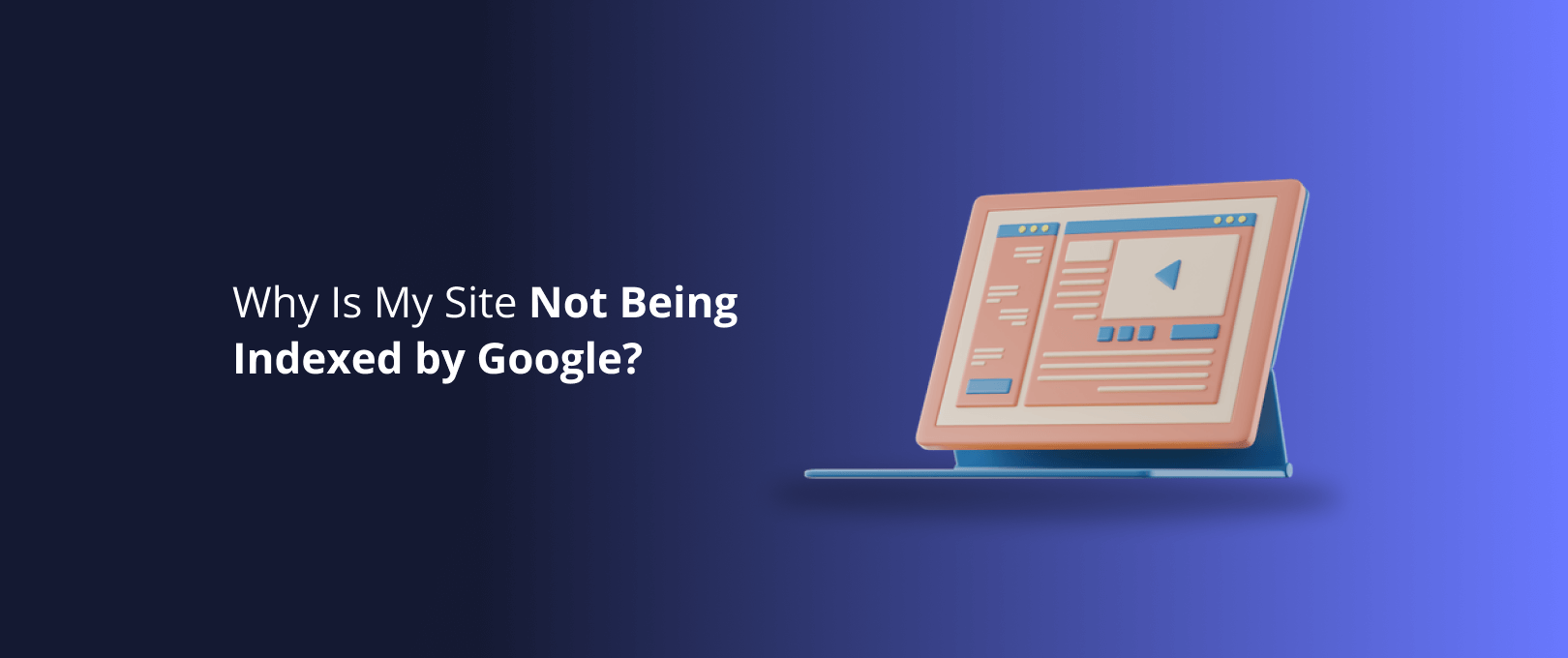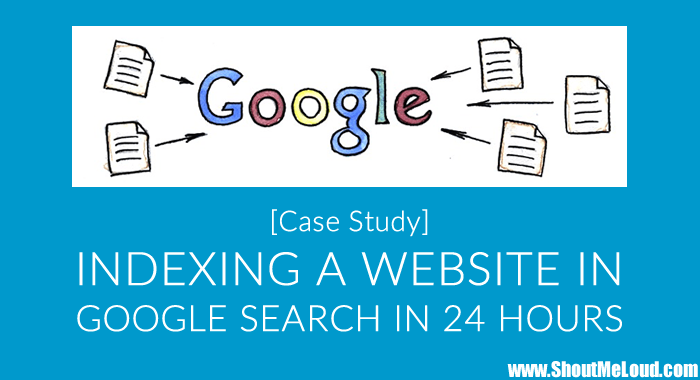Table of Contents
Introduction
In the digital age, having your website indexed by Google is crucial for online visibility and success. However, if you’ve discovered that your web is not indexed by Google, it can be a source of frustration and concern. This comprehensive guide aims to unravel the reasons behind why your web might not be indexed by Google, offering insights, solutions, and strategies to rectify the situation and improve your online presence.
Understanding the Importance of Website Indexing

The Significance of Indexing:
Website indexing is the process by which search engines like Google discover, crawl, and store information about web pages, making them accessible to users through search engine results.
The Impact on Visibility:
Web that are indexed by Google have the potential to appear in search engine results, increasing their visibility and attracting organic traffic from users actively seeking relevant information.
Common Reasons for Non-Indexing
1. Crawlability Issues:
Technical issues such as broken links, redirect errors, or slow page load times can hinder Google’s ability to crawl and index your web effectively.
2. Low-Quality Content:
Google prioritizes high-quality, relevant content in its search index. Web with thin, duplicated, or spammy content may be overlooked for indexing.
3. Indexing Directives:
Inadvertent use of meta noindex tags, robots.txt directives, or canonicalization issues can instruct Google not to index certain pages of your web.
4. New Website or Pages:
It may take some time for Google to discover and index new web or pages, especially if they have not been properly optimized for search engines.
Strategies for Improving Website Indexing

1. Conduct a Technical Audit:
Perform a thorough audit of your website’s technical aspects, including crawlability, site structure, and server performance, to identify and resolve any issues that may be impeding indexing.
2. Optimize Content Quality:
Review and improve the quality and relevance of your web content to ensure it meets Google’s standards for indexing and ranking.
3. Remove Indexing Directives:
Check your web meta tags, robots.txt file, and canonical tags to ensure they are not inadvertently preventing Google from indexing your pages.
4. Submit Sitemap to Google:
Submit a sitemap of your website to Google Search Console to facilitate the discovery and indexing of your pages by Google’s crawlers.
Leveraging Google Search Console for Assistance

1. Monitor Indexing Status:
Regularly monitor the indexing status of your web pages in Google Search Console to identify any issues or trends that may require attention.
2. Request Indexing:
Use the “Request Indexing” feature in Google Search Console to manually submit individual pages or updated content for indexing by Google.
Conclusion
In conclusion, if you’ve discovered that your website is not indexed by Google, it’s essential to take proactive steps to address the underlying issues and improve your web visibility and performance in search engine results. By understanding the common reasons for non-indexing and implementing the strategies outlined in this guide, you can optimize your web for better indexing, attract more organic traffic, and achieve your online goals. Stay vigilant, proactive, and informed, and you’ll be well on your way to improving your web indexing status and maximizing its potential in the digital landscape.
For More Information Please Visit These Websites Craiyon And arturia

